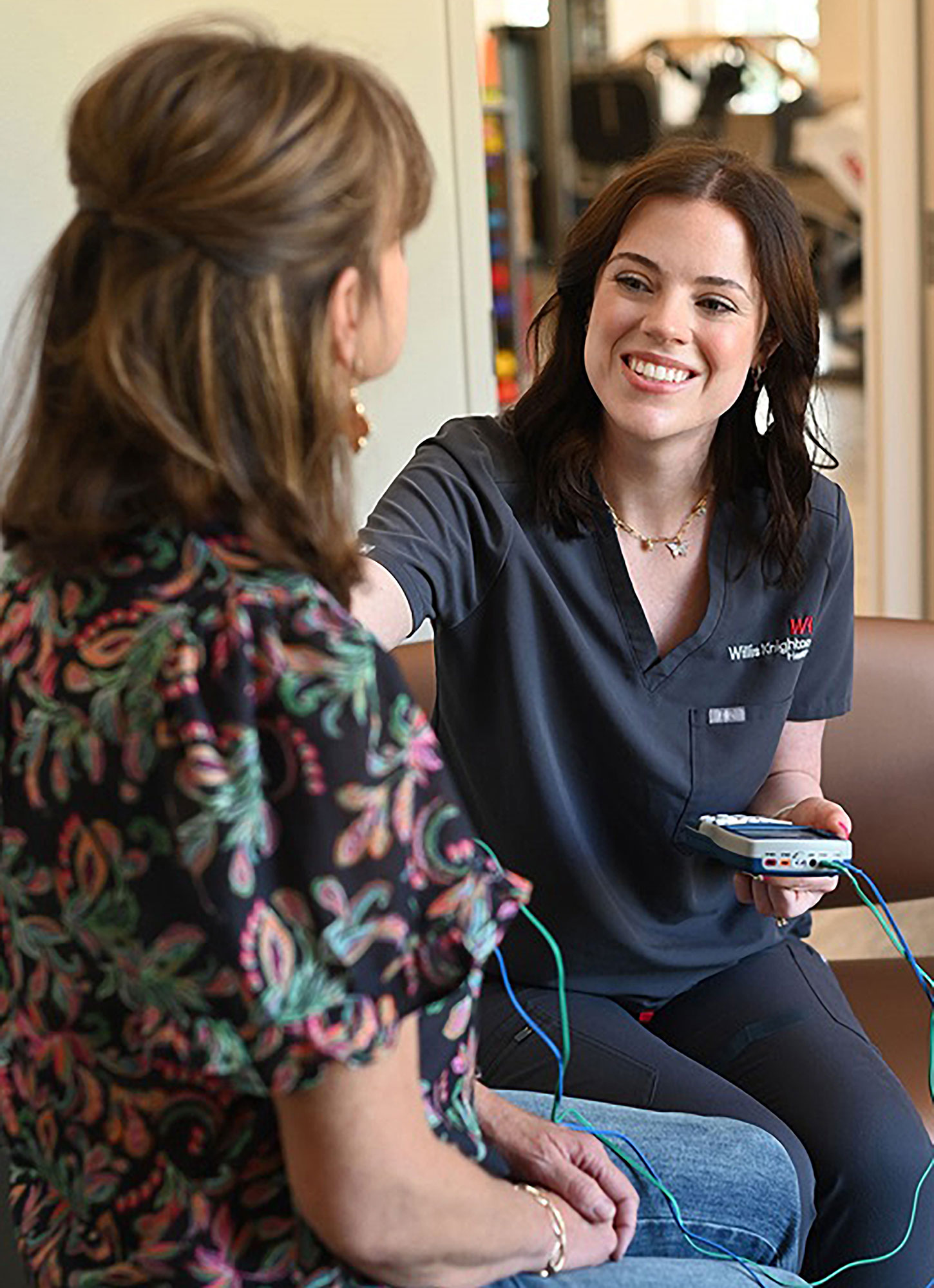Gonorrhea
Overview
This is a sexually-transmitted disease. It affects the genitals, rectum and throat in men and in women. It's cured with medication.
Causes
Gonorrhea is a bacterial infection. It spreads through vaginal, anal or oral sex with an infected person. And, a mother can spread it to her baby during childbirth.
Symptoms
In men, gonorrhea causes pain when urinating and a discharge from the penis. It may cause pain and swelling in the testicles. In women, it causes pain when urinating, vaginal discharge and bleeding between periods. Both men and women can get an infection in the rectum. This causes discharge, itching, soreness, bleeding and painful bowel movements.
Complications
Gonorrhea causes serious problems. In women, the infection can spread to the reproductive system. It can cause abdominal pain, and it can make a woman unable to get pregnant. In men, it can cause a painful condition in the testicles. In rare cases, it can keep men from fathering children. Also rarely, gonorrhea spreads to the blood and joints. This can be life-threatening. And, left untreated, gonorrhea raises your risk for an HIV infection.
Prevention and Treatment
You can prevent gonorrhea by not having vaginal, anal or oral sex. If you do have sex, lower your risk by being in a long term relationship with an uninfected partner. And stay faithful to each other. Men should always use latex condoms. If you are infected, it can be treated with antibiotics. But some strains of gonorrhea are becoming resistant to medication. So follow all of your doctor's instructions closely.
- General Healthcare - Infectious Diseases and Parasites - Conditions
- General Healthcare - Reproductive Health - Conditions
- Urology - Conditions












Leave a comment